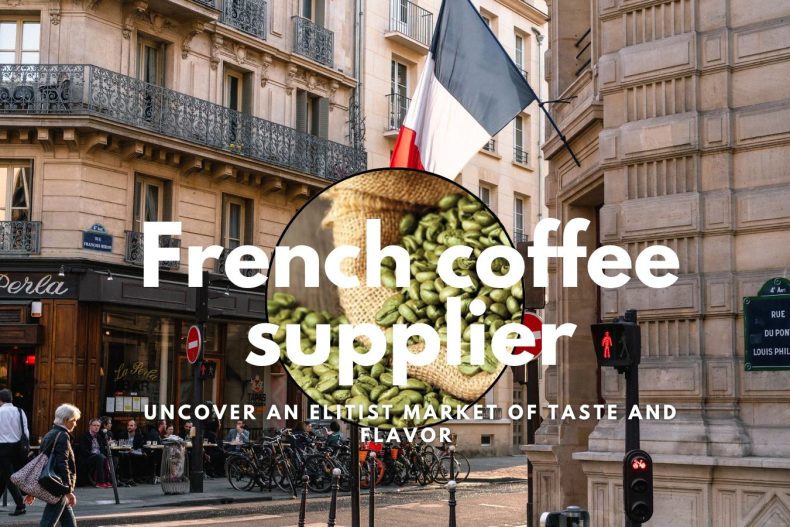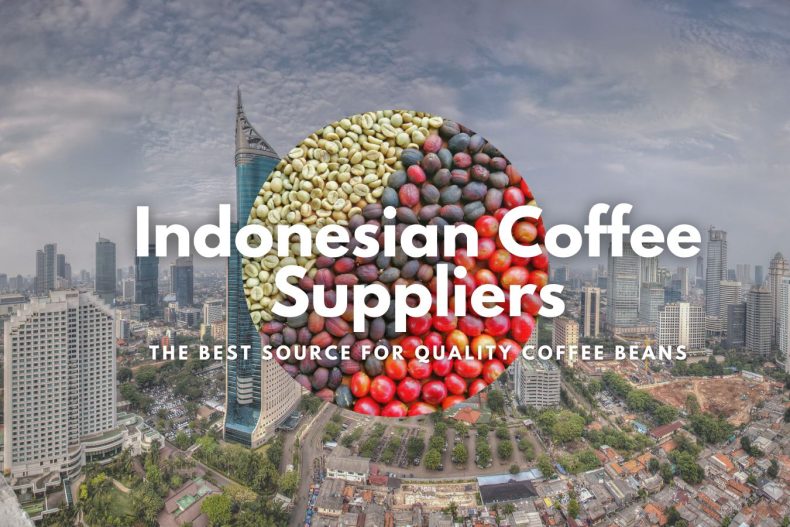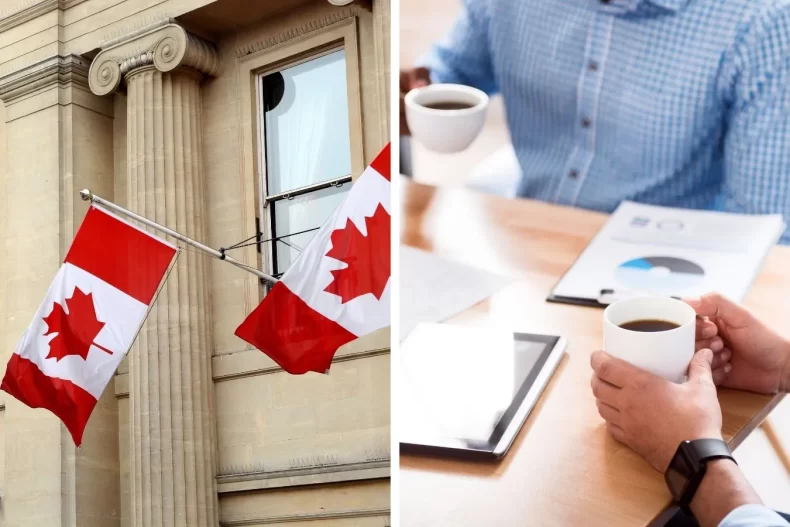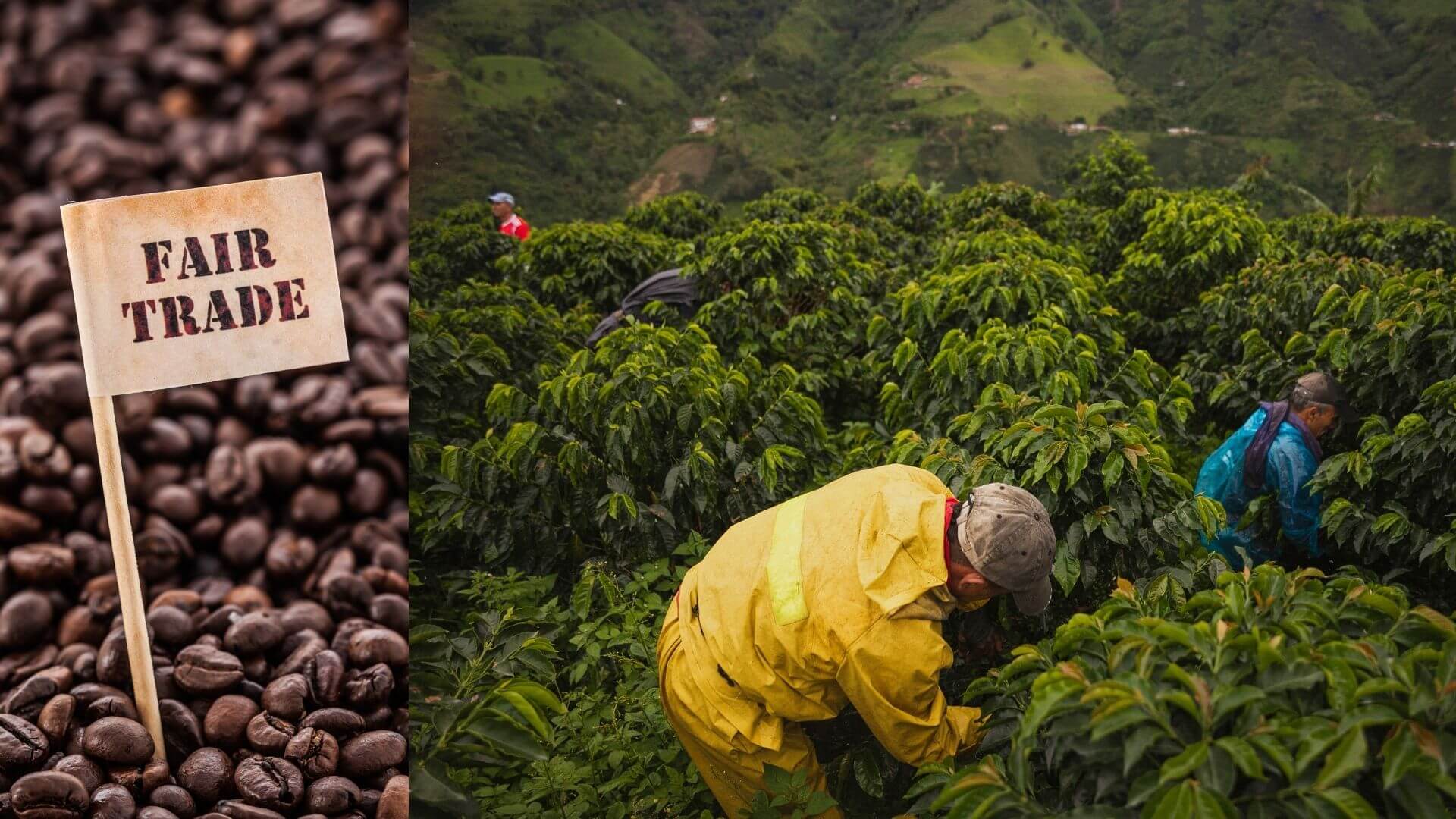
Helena – One Of The Best Fair Trade Coffee Suppliers: Currently, many coffee certifications are issued and used; these certificates benefit the producer and the customer by confirming the reliability of the coffee product.
Fair Trade Coffee – One such certification is Fair Trade Coffee. Fair Trade certification seeks to establish trading partnerships based on dialogue, transparency, and respect to increase fairness in international trade.
After researching and synthesizing information, I will include it in this article so that you can learn more new knowledge and get an overview of how Helena coffee – one of the best fair trade coffee suppliers in Vietnam – meets international quality and supply standards.
What is Fair Trade coffee?
FLO-Fairtrade Labeling Organization International issues the Fairtrade certification. It is a non-governmental, non-profit organization founded in the Netherlands in 1998. FLO is active in over 20 countries and over 20 product categories.
The mission of this organization is to promote sustainable development by improving trading conditions and protecting the rights of small producers. The organization’s standards include 107 criteria, including 38 minimum requirements and 69 improvement requirements, and certification is only available to small businesses and individuals.
Regarding fair coffee, according to Wikipedia, “Fair Trade coffee is coffee that is certified as having been produced to fair trade standards by fair trade organizations, which create trading partnerships that are based on dialogue, transparency, and respect, with the goal of achieving greater equity in international trade.”
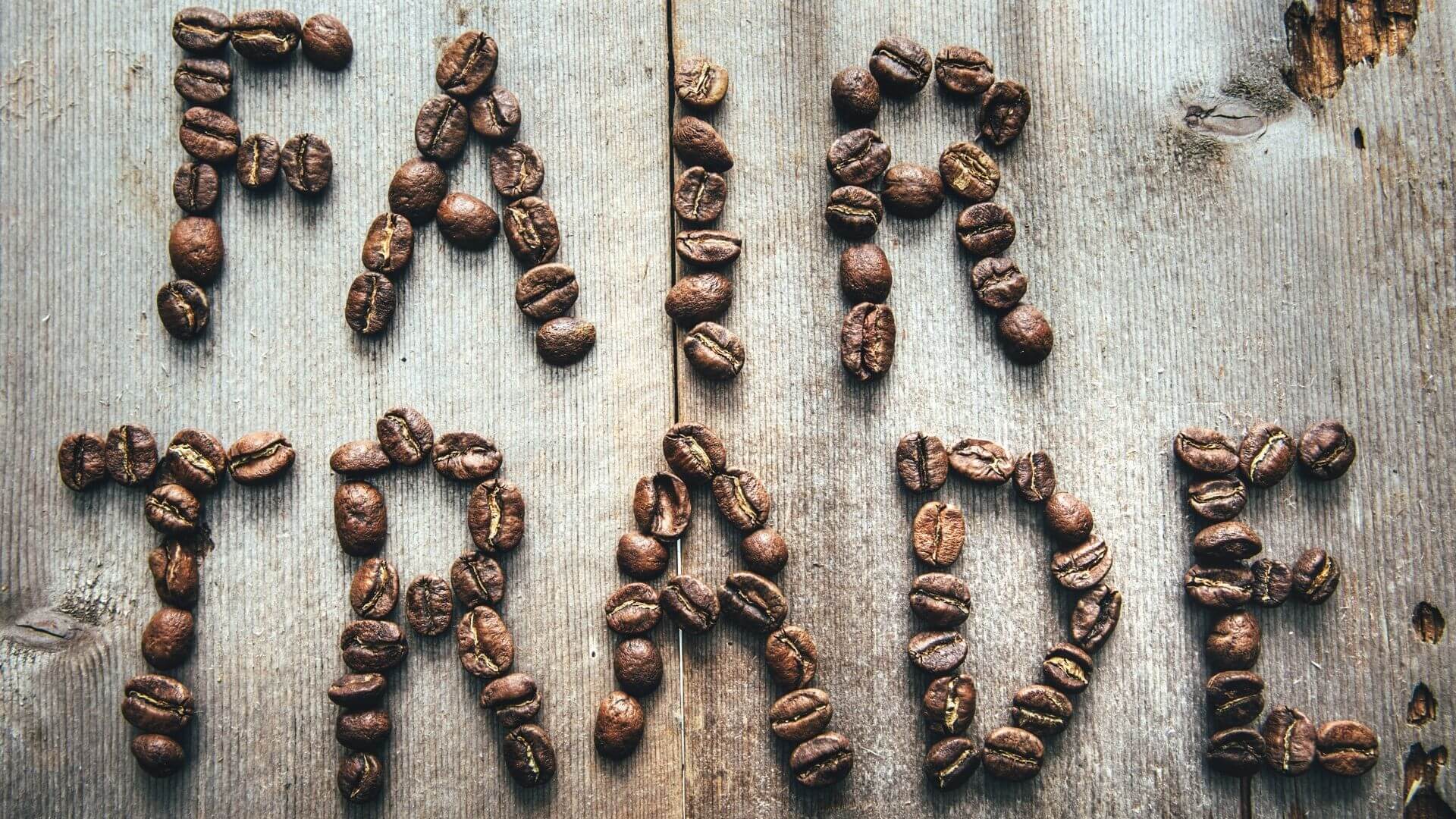
An overview of some of the critical standards and principles of Fairtrade International (FLO) and Fair Trade USA:
- Certified products are priced with an integrated premium. Manufacturers use some of these to reallocate to develop, improve, or maintain their operations.
- Certified producers must also purchase goods at a premium to the so-called Fair Trade “floor” to protect farmers in a market downturn or crisis.
- Certified manufacturers must engage in environmentally sound practices such as proper waste management, water conservation, limited and responsible use of agrochemicals, and protection of soil fertility.
- GMOs (genetically modified crops) are banned.
- Certified manufacturers may not use child labor or oppressive labor.
- Regular audits need to be approved and followed.
What requirements must a producer meet to be considered Fair Trade certification?
Manufacturers who want to become certified must apply for and be evaluated against established standards and organizational principles. It means first meeting the requirements of the FLO-CERT, FT-USA, or another monitoring agency. This process can take months or even years.
The cost of certification will also vary depending on the process’s complexity: For example, to achieve compliance, organizations will most likely need to invest in their operations at both the group and individual farm levels, which will increase the cost.
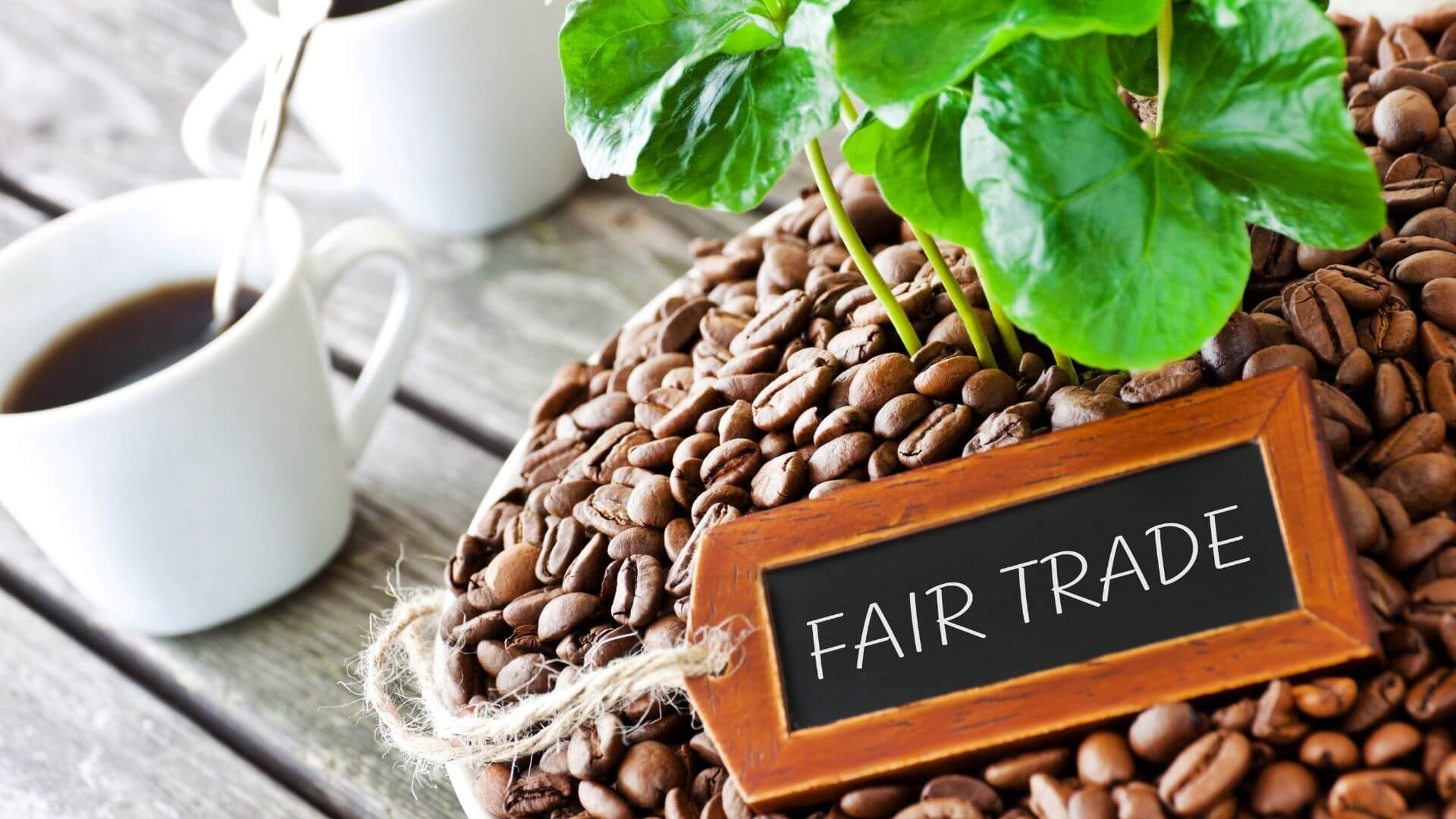
Audit costs will also vary depending on the number of manufacturers and contracted labor, among other factors. Sellers (those purchasing certified coffee) and roasters must also register with Fair Trade certification bodies to demonstrate compliance, meaning roasters wishing to sell products must do so. Fair Trade goods will be required to do the same.
Step 1: Contact the Fair Trade team to begin becoming Fair Trade certified. Their team will work to understand your company’s supply chain requirements better and will develop plans to become certified.
Step 2: Following contact with Fair Trade, the company will apply for registration. The company’s supply chains are examined during registration to ensure sustainability. If the supply chain is not Fair Trade certified, they will offer assistance in joining a certified supply chain. At this point, the company will be issued a “Trade License,” allowing the owner to source Fair Trade certified goods.
Step 3: The third step is to label your product’s packaging with the Fair Trade seal of certification. Businesses will receive a licensing agreement in this step, and Fair Trade will work with them to launch it. certifying products
Step 4: Once a company’s brand has been Fair Trade certified, it will market and promote the product with this certification. With Fair Trade certification, the company gains access to the Fair Trade marketing team, which will help it increase its impact on ethical sourcing in commercial transactions.
Benefits and meanings of Fair Trade coffee certification
Fair Trade begins with a fundamental conviction. ” Everyone benefits when coffee farmers are treated fairly.”
Fair Trade assists businesses in locating and delivering products that are produced ethically and sustainably. Use the belief that the people who make the products they buy are fairly compensated for their efforts. Businesses, workers, and consumers all have an interest in fair trade.
Coffee producers
With 86% of consumers seeking products from fair and sustainable sources. Fair Trade-certified coffee producers allow for a broader range of products. Fair Trade certification on your product packaging will aid in marketing and customer acquisition. It also provides financial benefits to developing-country coffee businesses.
Famers
Fair Trade-certified products ensure fair working conditions, from the government to corporate organizations to workers. Buying Fair Trade Certified products allows you to help everyone by reducing poverty, ensuring safe working conditions, and ensuring stable pay.
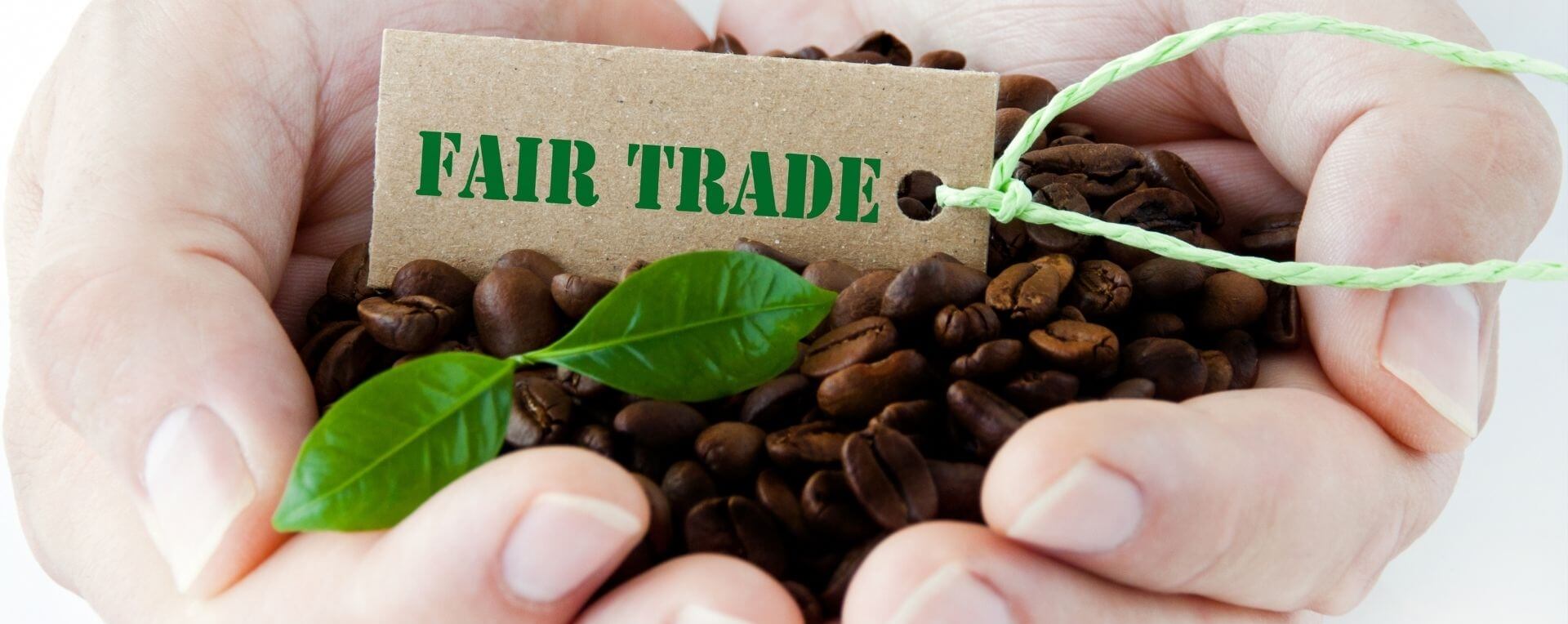
Fair Trade aided over 975,000 farmers in 62 countries in just one year. Fair Trade also prohibits the sale of slave labor products and the use of non-etymological children.
Consumers
Fair Trade sets standard prices for certified products to ensure buyers pay a fair price. Fair Trade products are also much healthier because they are GMO-free and use minimal pesticides.
It means environmentally conscious, sustainable practices are encouraged and enforced throughout the supply chain. It helps to reduce environmental impact and degradation such as tree felling and habitat destruction.
Helena coffee – one of the best fair trade coffee suppliers in Vietnam
Helena Coffee Manufacturing and Export in Vietnam | Helena., JSC, founded in 2016, is a Vietnamese coffee exporter. We have grown over the years to become one of Vietnam’s most well-known coffee production and export enterprises.
We offer high-quality products ranging from green beans to instant coffee, with two main varieties, Arabica and Robusta. They are sourced from Vietnam’s best coffee-growing regions. We received Fairtrade certification in 2018, two years after our founding.
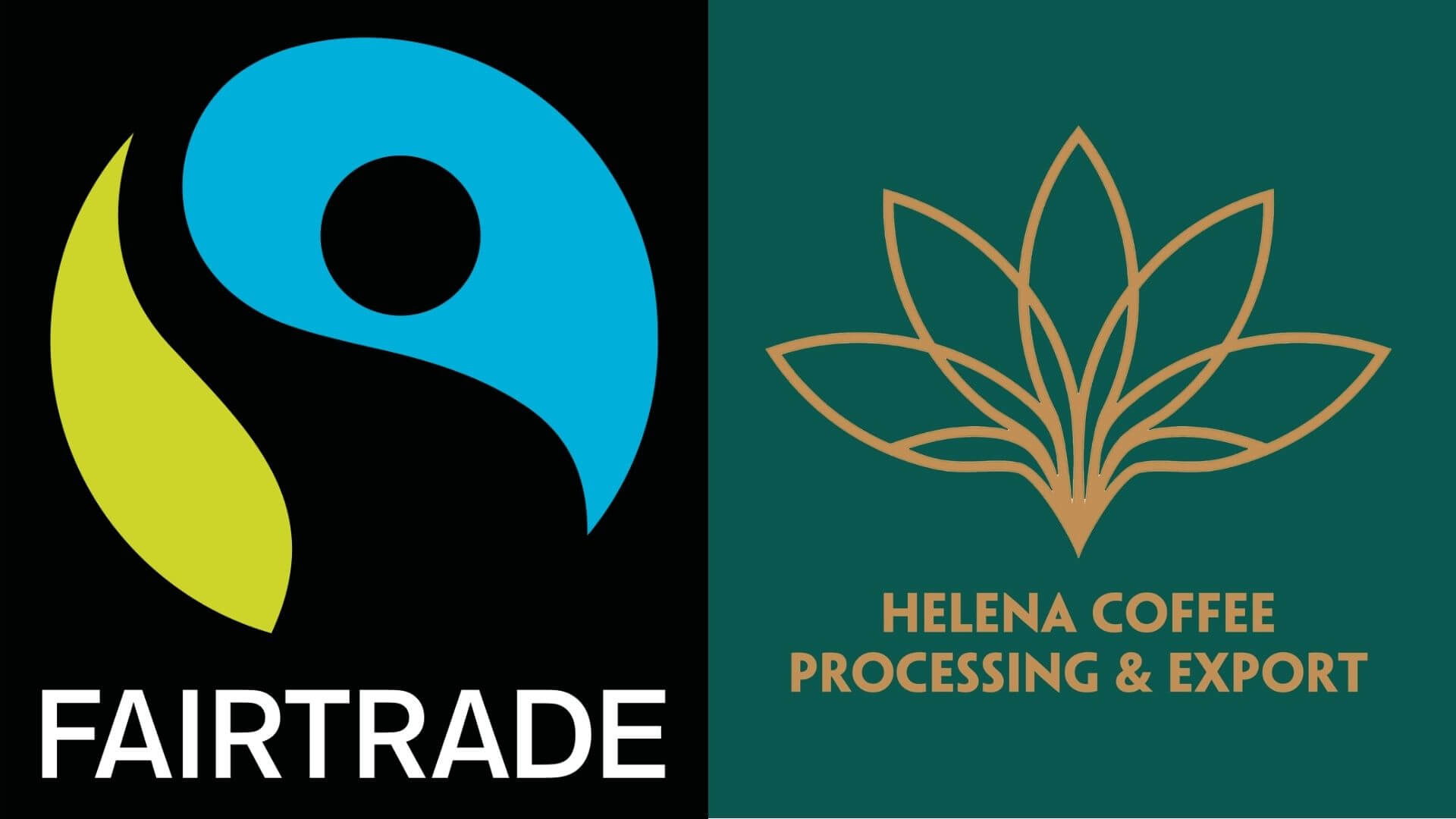
In addition, Fair Trade certification’s true fairness is evident in how we engage with farmers and provide a consistent supply of demand at a higher purchase price than other producers.
Local communities
Vietnam’s coffee-growing communities account for a sizable portion of the population. HELENA is fully aware of the dedication, significance, and responsibility required to assist and work with these communities.
HELENA works on various social projects ranging in size from small to large, independent to group-driven, all to make a difference in the lives of those we work with. HELENA’s commitment to excellent communication includes training courses, fieldwork, and interaction with our farmers.
This transfer of knowledge and improved farming techniques ensures the farmer a higher and more stable income. We hope that by reading this article, you will better understand the significance of Fair Trade certification and how we create qualified products to offer to you, customers with a passion for coffee.
Product lines that meet quality requirements If you have time and want to learn more about coffee, return to our website and read the most recent articles. Finally, let’s explore our products, and perhaps you will find a favorite product for yourself.
